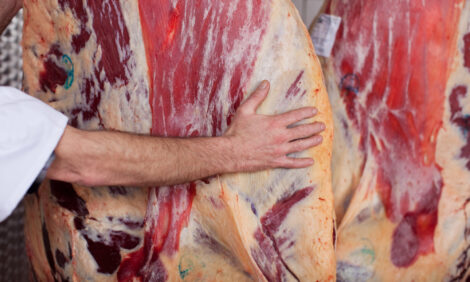



UK Government releases badger cull figures, RSPCA reacts
The current report builds on previous work carried out in 2018, the first year of operations. It uses "found dead" wildlife carcases as part of the enhanced measures initiated in a potential hotspot of TB infection.
The government conducted TB surveillance in badgers removed from the Cumbria control intervention areas. Two out of 313 tested badgers (0.6 percent) tested positive for Mycobacterium bovis. An additional badger tested positive, but was infected with a different genotype than the other tested animals. The figures were not linked to the bovine TB hotspot, or any cattle cases in the area.
The infection prevalence was 10 percent inside the designated central "Minimum Infected Area".
In the report's conclusion, the Government reports:
"The results presented here, alongside the ongoing enhanced surveillance of cattle and ‘found dead’ wildlife, will inform future control measures in both badgers and cattle within HS21. APHA is continuing to test ‘found dead’ badgers and deer carcases in HS21 reported through the Defra Rural Service Helpline (03000 200 301)."
RSPCA response
In response to the latest badger cull figures, Adam Grogan from the RSPCA said:
“These appalling figures highlight the urgent need to speed up the Government’s plans to tackle bTB through improved cattle management measures instead of culling.
“With 35,034 badgers killed in the cull in 2019 - the highest number ever - we are calling for the acceleration of the government’s recently announced plans to shift towards improved cattle herd management including incentives to improve biosecurity. Unfortunately, although a big step in the right direction, these plans include culling to continue for a number of years. Culling is cruel and ineffective and we are renewing our call for the flawed badger cull scheme to be scrapped completely.”
Read the most recent report here.


